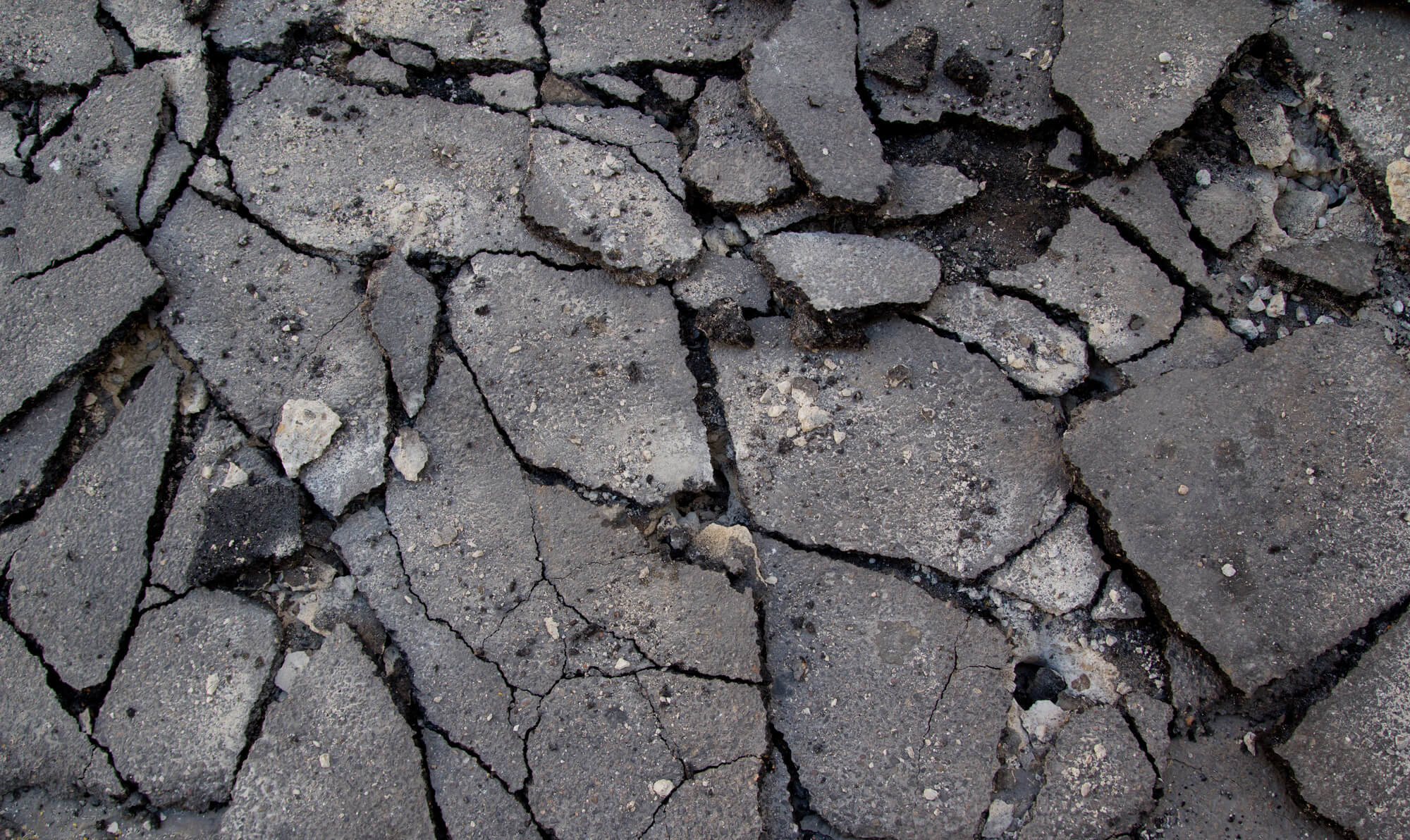Checking Out the Ecological Advantages of Hot Mix Asphalt
The usage of Hot Mix Asphalt in framework jobs provides an engaging situation for sustainable growth and ecological stewardship. By delving right into the complex details of its manufacturing procedures and the innovative usage of recycled materials, a deeper understanding arises of how this modern technology exceeds mere surface area applications. The environmental advantages of Hot Mix Asphalt extend much beyond preliminary impressions, supplying a nuanced point of view on how this product can pave the method for a greener future.

Reduced Greenhouse Gas Emissions
The manufacturing process of Hot Mix Asphalt involves heating up the mix of accumulation and asphalt binder to high temperature levels. By incorporating reclaimed asphalt pavement and recycled asphalt shingles into the mix, the requirement for virgin materials is decreased, leading to power savings and reduced discharges connected with extraction and handling.
Research studies have revealed that Hot Mix Asphalt sidewalks have a smaller sized carbon impact over their life cycle compared to other pavement choices. The toughness and recyclability of Hot Mix Asphalt even more boost its environmental benefits by lowering the requirement for frequent upkeep or replacement, therefore saving resources and decreasing discharges related to restoration activities.
Power Efficiency and Preservation
The production process of Hot Mix Asphalt not only reduces greenhouse gas emissions yet also adds significantly to power performance and preservation initiatives. Power effectiveness is an essential advantage of Hot Mix Asphalt manufacturing contrasted to various other pavement types. The resilience of Hot Mix Asphalt lowers the regularity of upkeep and restoration, leading to long-lasting energy financial savings.
Lasting Pavement Solutions

One secret element of sustainable pavement remedies is the usage of recycled materials such as reclaimed asphalt sidewalk (RAP) and recycled asphalt tiles (RAS) By including these materials right into the asphalt mixtures, the demand for virgin resources is reduced, resulting in lower energy consumption and greenhouse gas emissions during manufacturing. In addition, the reuse of these products aids draw away waste from garbage dumps, adding to a much more round and lasting economic climate.
Additionally, sustainable sidewalk remedies concentrate on enhancing pavement design to boost efficiency and durability. Methods such as warm mix asphalt (WMA) and rock mastic asphalt (SMA) boost the longevity and strength of pavements, decreasing the need for constant repair services and replacements. By implementing these cutting-edge techniques, facilities developers can develop sidewalks that not only fulfill high-performance requirements but additionally lessen their environmental impact.
Minimized Environmental Effect
Warm mix asphalt, in certain, provides numerous benefits that contribute to lowering the overall ecological impact of road facilities. One vital aspect is the recyclability of asphalt, which can be recycled numerous times without compromising its high quality - Regrading.
Furthermore, the production of hot mix asphalt produces lower degrees of greenhouse gases contrasted to other pavement materials, making it a much more eco friendly option. The energy effectiveness of asphalt plants has actually likewise improved for many years, bring about decreased gas consumption and reduced exhausts. Furthermore, the smooth surface area of warm mix asphalt reduces rolling resistance for vehicles, causing lower fuel usage and lowered air contamination from lorry emissions.
Contribution to Climate Change Mitigation
Warm mix asphalt plays an essential role in mitigating climate regrading change through its sustainable homes and decreased environmental effect. One significant contribution to climate adjustment reduction originates from the power effectiveness of hot mix asphalt production. Contrasted to various other sidewalk choices, the manufacturing process for warm mix asphalt eats much less energy and releases lower levels of greenhouse gases, hence lowering its general carbon footprint.
Furthermore, hot mix asphalt's capacity to show sunlight, known as albedo, aids in minimizing metropolitan heat island results. By decreasing warm absorption and retention, hot mix asphalt sidewalks can reduce the demand for cooling in metropolitan areas, subsequently reducing greenhouse gas emissions connected with power consumption for cooling down functions.
Additionally, the longevity and recyclability of warm mix asphalt further boost its climate adjustment mitigation capabilities. Regrading. The lengthy lifespan of asphalt sidewalks decreases the demand for regular repairs or substitutes, ultimately reducing the carbon emissions connected to road maintenance tasks. The recyclability of asphalt materials lessens the need for virgin resources and decreases the environmental effect of sidewalk construction, lining up with lasting practices for environment adjustment reduction.
Verdict
Finally, the environmental benefits of Warm Mix Asphalt show its considerable payment to reducing greenhouse gas discharges, preserving power, and reducing ecological influence. This lasting pavement service lines up with environment adjustment mitigation efforts, promotes resource preservation, and boosts facilities advancement. By using recycled products, energy-efficient manufacturing procedures, and durable design, Hot Mix Asphalt plays a crucial role in promoting a much more eco-friendly strategy to framework building.
The manufacturing procedure of Warm Mix Asphalt entails heating the mix of aggregate and asphalt binder to high temperatures. By integrating recovered asphalt pavement and recycled asphalt roof shingles into the mix, the requirement for virgin materials is decreased, leading to energy savings and decreased emissions associated with extraction and handling.
One trick facet of lasting pavement services is the use of recycled materials such as redeemed asphalt sidewalk (RAP) and recycled asphalt tiles (RAS) Methods such as warm mix asphalt (WMA) and stone mastic asphalt (SMA) improve the durability and strength of sidewalks, lowering the requirement for regular repair work and replacements. Contrasted to various other pavement options, the production procedure for hot mix asphalt consumes much less energy and releases lower degrees of greenhouse gases, therefore reducing its general carbon impact.